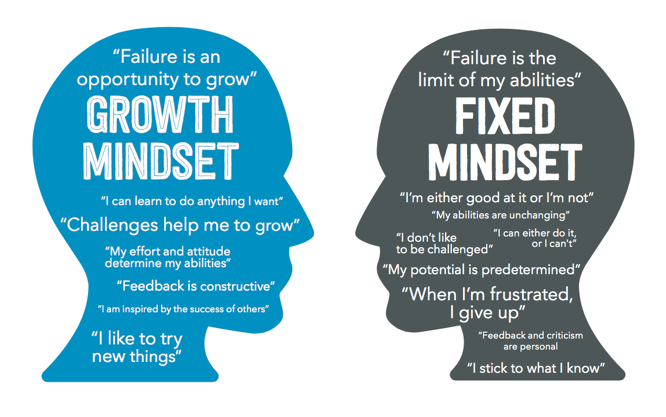Tips for Building Motivation
Sometimes one of the biggest challenges to attention is motivation. Here are some ways to make motivation work in your favor:
Consider Your Mindset
Learning means change, and often we are influenced by our “mindset” about our situation. What is your response to academic struggle? Are you tempted to give up easily or do you embrace a challenge? Students with a fixed mindset may be tempted to let one setback define them, whereas, a growth mindset is all about recognizing that setbacks or “bumps in the road” are part of the learning process. If you replace the “I can’t do it” with an “I can’t do it, yet,” the setback becomes an opportunity for growth.
To learn more about a growth versus fixed mindset, visit our Manage Your Mindset article in addition to the Mindset Kit at: https://www.mindsetkit.org/topics/about-growth-mindset.
*Return to the Study Skills & Learning Strategies homepage


